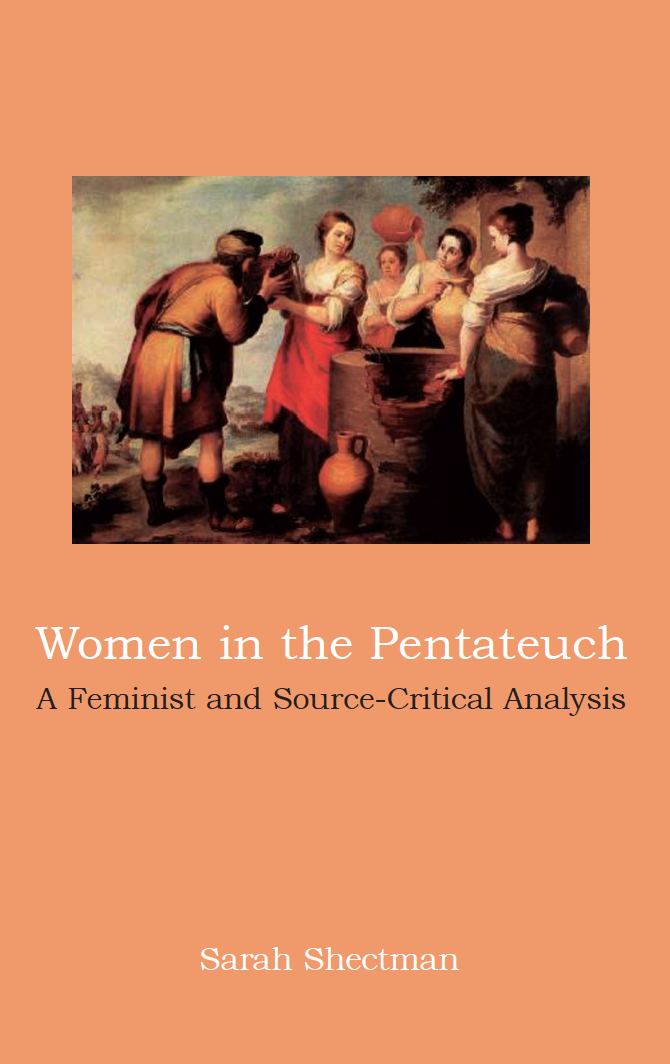Women in the Pentateuch: A Feminist and Source-Critical Analysis
Published: Aug 2009
£50.00
For the first time, literary source criticism and feminist biblical interpretation are here brought together systematically. Taking into account recent trends in Pentateuchal source criticism, Shectman divides the narrative into priestly and non-priestly threads, tracing the portrayal of women in each. In both sources, as Moses comes to the fore, women recede increasingly into the background, with the result that far fewer women appear in Exodus —Numbers than appear in Genesis.
A stark contrast between the sources also emerges from this study: non-P contains many more fully developed narrative traditions focused on women, particularly those involving childbirth, pointing to an original genre of narratives unique to biblical women. However, with the combination of traditions in the Pentateuch, these traditions are absorbed into the patriarchal ones, culminating in Genesis 17, P's programmatic statement of the promise and covenant. P significantly limits the roles of women that were preserved in non-P. This difference between the sources is primarily the result of increased centralization: whereas the non-P material reflects a period before centralization had become entrenched, in P, centralization has taken hold, with the result that women's roles are more limited.
In addition to a new and detailed source-critical analysis of women in the Pentateuch, this book also provides a detailed overview of feminist biblical criticism, from the work of Elizabeth Cady Stanton up to the present, which will be useful for those interested in the history of biblical, particularly feminist, interpretation.
Women in the Pentateuch: A Feminist and Source-Critical Analysis
£50.00
For the first time, literary source criticism and feminist biblical interpretation are here brought together systematically. Taking into account recent trends in Pentateuchal source criticism, Shectman divides the narrative into priestly and non-priestly threads, tracing the portrayal of women in each. In both sources, as Moses comes to the fore, women recede increasingly into the background, with the result that far fewer women appear in Exodus —Numbers than appear in Genesis.
A stark contrast between the sources also emerges from this study: non-P contains many more fully developed narrative traditions focused on women, particularly those involving childbirth, pointing to an original genre of narratives unique to biblical women. However, with the combination of traditions in the Pentateuch, these traditions are absorbed into the patriarchal ones, culminating in Genesis 17, P's programmatic statement of the promise and covenant. P significantly limits the roles of women that were preserved in non-P. This difference between the sources is primarily the result of increased centralization: whereas the non-P material reflects a period before centralization had become entrenched, in P, centralization has taken hold, with the result that women's roles are more limited.
In addition to a new and detailed source-critical analysis of women in the Pentateuch, this book also provides a detailed overview of feminist biblical criticism, from the work of Elizabeth Cady Stanton up to the present, which will be useful for those interested in the history of biblical, particularly feminist, interpretation.


Voices of the Wilderness: An Ecological Reading of the Book of Numbers
Voices of the Wilderness: An Ecological Reading of the Book of Numbers